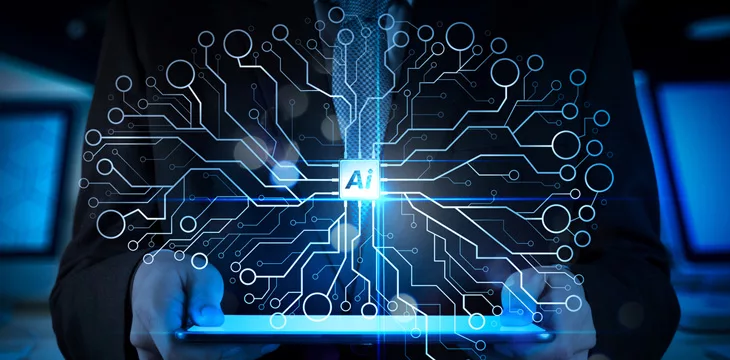|
Getting your Trinity Audio player ready...
|
The African Development Bank (AfDB) has partnered with United States tech giant Intel (NASDAQ: INTC) to equip 3 million Africans with artificial intelligence (AI) skills.
The two sealed their partnership in Nairobi, with the Santa Clara-based company committing to sparking a tech-powered industrial revolution in the continent.
Africa has lagged behind other regions in AI development and has been reduced to a mere spectator and consumer. Some AI giants have also tapped the continent for cheap labor to train their large language models (LLMs), with OpenAI found to have paid Kenyan workers less than $2 an hour to “make ChatGPT less toxic.”
AfDB, which finances development projects in member countries, says Africa must play a bigger role in the future of AI. The region has a highly youthful population, projected to hit 830 million by 2050, and if equipped with the right skills, they could be a formidable workforce, innovators and trendsetters in AI.
“To develop skills on a large scale and at the necessary speed, we need everyone’s cooperation,” commented Ousmane Fall, the bank’s Director of Industrial and Trade Development.
While AI has catapulted chipmakers like Nvidia (NASDAQ: NVDA) and AMD (NASDAQ: AMD) to new heights, Intel has failed to capitalize on the ever-rising chip demand, recording $7 billion in losses from its foundry business last year.
However, according to Bienvenu Agbokponto Soglo, the company’s director of government affairs in Africa, the firm is still committed to making the technology accessible to all and “breaking down barriers related to geography, gender, and ethnicity, and enabling widespread participation in the digital economy.”
For Africans, AI doesn’t hold the same promise or glamor as it does in other regions. A study by the United Kingdom’s Lloyds Bank (NASDAQ: LLDTF) with over 125,000 respondents in 121 nations found that Africa is the region most skeptical of AI. Eastern Africa emerged as the only region globally where less than half of the respondents believe AI will have a positive impact. Tanzania, Kenya and Uganda had overwhelming majorities who were more scared than excited by AI.
However, the attitude toward AI is gradually changing as adoption rises. Nigeria, for instance, launched a multilingual LLM trained in local languages and accented dialects to better represent the diversity of Nigerians.
In order for artificial intelligence (AI) to work right within the law and thrive in the face of growing challenges, it needs to integrate an enterprise blockchain system that ensures data input quality and ownership—allowing it to keep data safe while also guaranteeing the immutability of data. Check out CoinGeek’s coverage on this emerging tech to learn more why Enterprise blockchain will be the backbone of AI.
Watch: AI is for ‘augmenting’ not replacing the workforce

 02-23-2026
02-23-2026 




